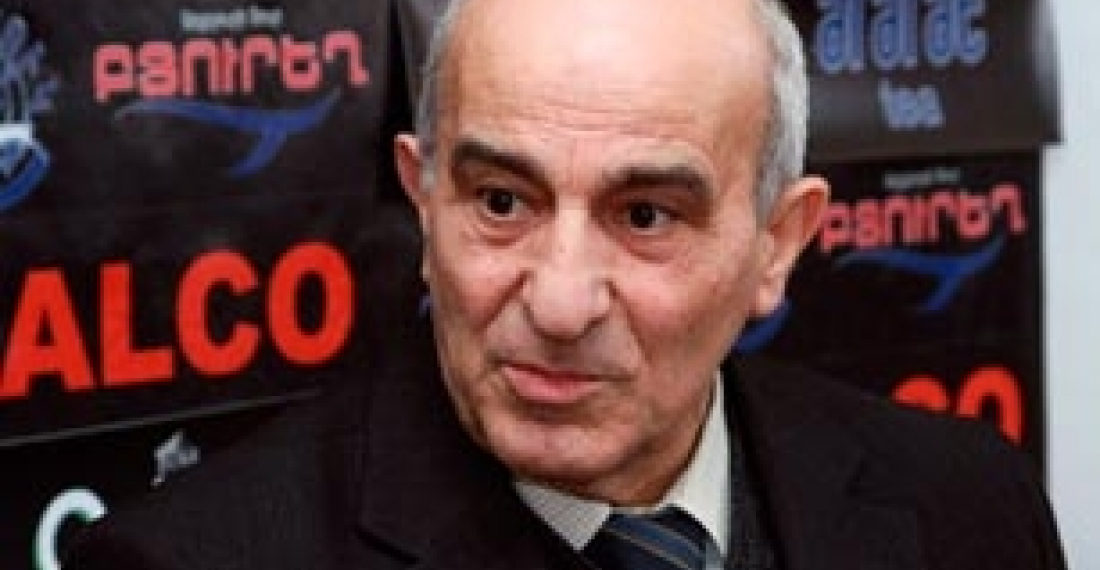Вопрос мирного урегулирования нагорно-карабахского конфликта подрывает, в первую очередь то, что, несмотря на ведущиеся переговоры, этот вопрос не имеет соответствующей международной правовой основы. Подобное мнение 4 апреля на пресс-конференции выразил доктор философских наук, политолог Александр Манасян. По его словам, этот вопрос мало освещается в прессе, и даже сами политики с ним малознакомы. Для того, чтобы правильно оценивать всю ситуацию необходимо знать историю этого конфликта, а также все пункты переговоров, которые проходили за эти 20 лет.
Урегулированием развязанного Азербайджаном в 1988 году нагорно-карабахского конфликта с 1992 года занимается Минская группа ОБСЕ, представленная сопредседателями от России, США и Франции. В настоящее время процесс урегулирования карабахского конфликта происходит на основе "Мадридских принципов", выдвинутых сопредседателями МГ ОБСЕ в 2007 году в Мадриде и обновленных в 2009 году.
"Урегулирование нагорно-карабахского конфликта растянулось на долгие годы именно потому, что сам процесс не имеет необходимого юридического оформления. Однако, ни США, ни Россия, ни Евросоюз не требуют его составления. Это связано с тем, что в момент зарождения нагорно-карабахского конфликта, а именно в 1991 году после распада СССР было принято соглашение, в соответствии, с которым независимые государства провозглашаются в рамках своих территорий. И Россия, в первую умолчала по поводу нагорно-карабахского конфликта, так как в ее составе были республики, а также округи, которые могли бы последовать примеру Карабаха", - отметил Манасян.
По его словам, именно этот факт заставил Арцах, с опережением Армении, 2 сентября 1991 года заявить о своей независимости. Тем не менее, Манасян считает, что ошибка находится не в самой проблеме, а в подходе к ее урегулированию. "Азербайджан всеми силами пытается вывести нагорно-карабахский конфликт на межрегиональный уровень и связать его с вопросами Сирии, Ирана и Турции. Однако такое стечение обстоятельств и успех Баку в этом плане маловероятен", - заявил Манасян.







